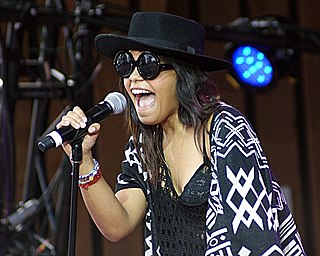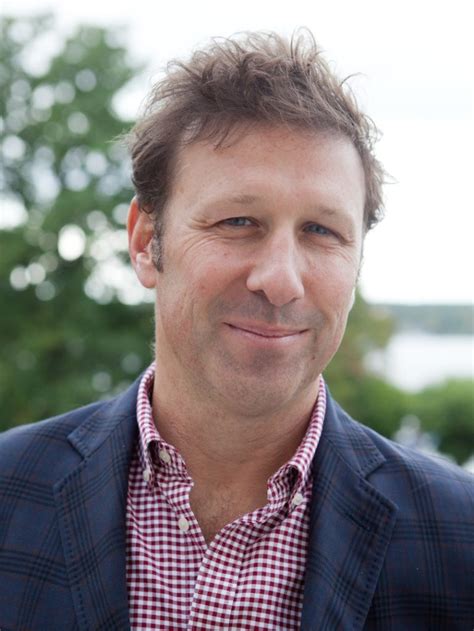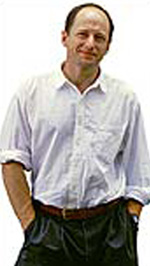A Quote by Robin Hobb
In real life, things don't all end at the nice same place. To keep the story real, there has to be kind of a ragged edge at the end of a novel.
Related Quotes
If the point of life is the same as the point of a story, the point of life is character transformation. If I got any comfort as I set out on my first story, it was that in nearly every story, the protagonist is transformed. He's a jerk at the beginning and nice at the end, or a coward at the beginning and brave at the end. If the character doesn't change, the story hasn't happened yet. And if story is derived from real life, if story is just condensed version of life then life itself may be designed to change us so that we evolve from one kind of person to another.
The average detective story is probably no worse than the average novel, but you never see the average novel. It doesn't get published. The average -- or only slightly above average -- detective story does.... Whereas the good novel is not at all the same kind of book as the bad novel. It is about entirely different things. But the good detective story and the bad detective story are about exactly the same things, and they are about them in very much the same way.
A major boom in real stock prices in the US after Black Tuesday brought them halfway back to 1929 levels by 1930. This was followed by a second crash, another boom from 1932 to 1937, and a third crash. Speculative bubbles do not end like a short story, novel, or play. There is no final denouement that brings all the strands of a narrative into an impressive final conclusion. In the real world, we never know when the story is over.
The writing of a novel is taking life as it already exists, not to report it but to make an object, toward the end that the finished work might contain this life inside it and offer it to the reader. The essence will not be, of course, the same thing as the raw material; it is not even of the same family of things. The novel is something that never was before and will not be again.
The things that drive me are poverty, and pain, and knowing that I don't want to end up being alone and I want to do something with my life and I want the name Dobson to remain in everyone's heads. Basically, just to rock and be the best performer I can be, and be true, and be real, and give people the real Fefe, nothing fake, all real.
I do think there is great strength, though, in starting a sermon with a story, then returning to that story at the end. That puts book ends to a sermon. It is a real simple technique that communicates to the audience that there is a sense of closure, that they have a package here, or we began and we closed with this. I think that's just a nice technique.






































